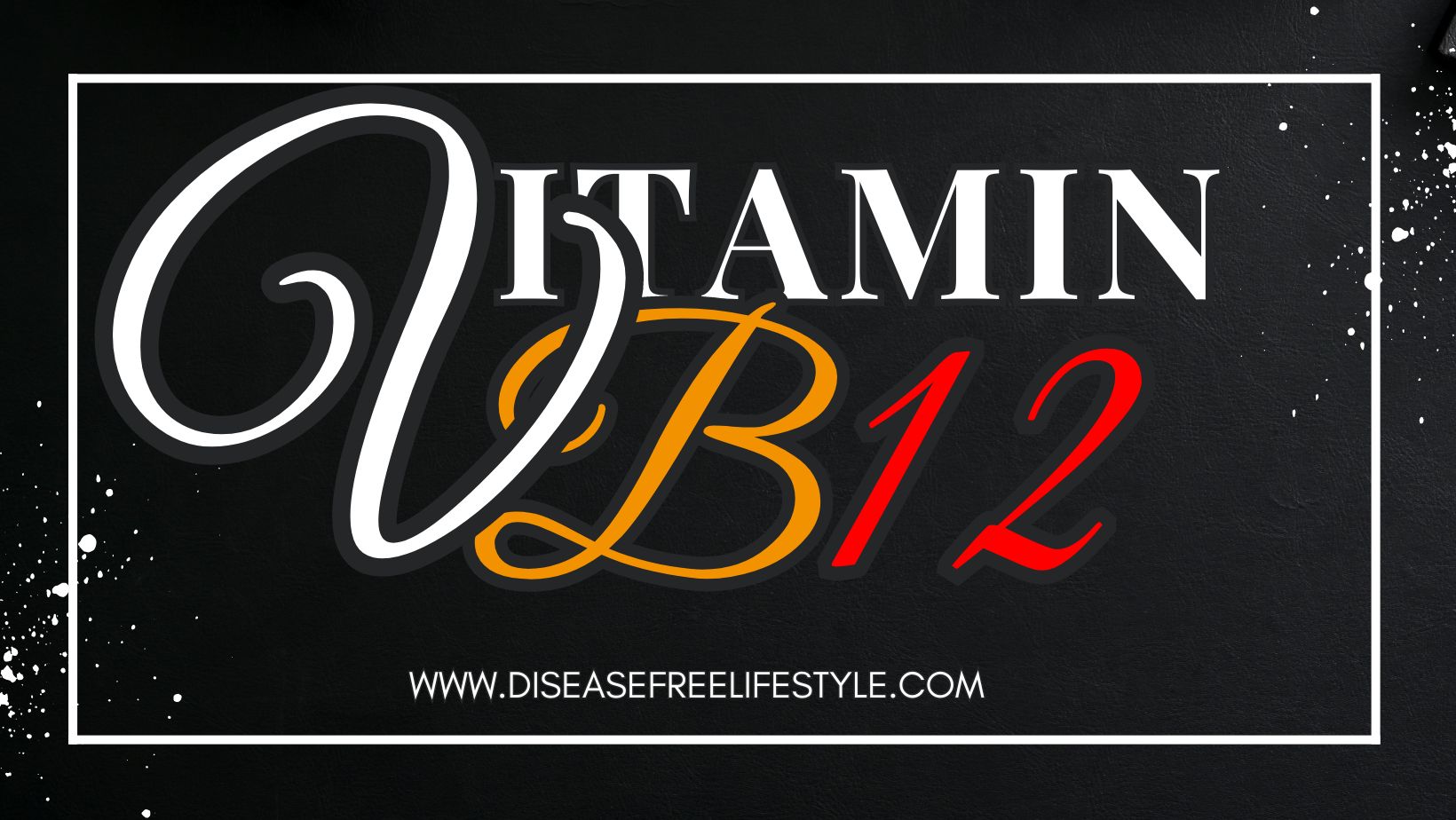Mastering Cholesterol Levels | Key Strategies for a Disease-Free Happy Life.
Maintaining healthy cholesterol levels is crucial for achieving a disease-free happy life. Elevated cholesterol levels can lead to serious health issues such as heart disease and stroke. This article explores the importance of managing cholesterol and offers practical insights into keeping cholesterol levels in check for long-term health and wellness.
Understanding Cholesterol
Cholesterol is a fatty substance found in your blood. While your body needs some cholesterol to build healthy cells, high levels of cholesterol can increase your risk of heart disease. There are two main types of cholesterol: Low-Density Lipoprotein (LDL), often referred to as “bad” cholesterol, and High-Density Lipoprotein (HDL), known as “good” cholesterol. Maintaining a balance between these types is essential for heart health.
The Significance of Cholesterol Management for a Disease-Free Lifestyle
Managing cholesterol levels is vital for preventing cardiovascular diseases and promoting overall well-being. Here’s why cholesterol management is essential:
1. Reduced Risk of Heart Disease
High LDL cholesterol can lead to the buildup of fatty deposits in your arteries, which can restrict blood flow and increase the risk of heart attacks and strokes.
- How it Helps: By keeping LDL cholesterol levels low and HDL levels high, you can prevent the formation of plaques in your arteries, reducing the risk of cardiovascular diseases.
- Research Evidence: Studies have shown that lowering LDL cholesterol significantly reduces the risk of heart disease and related complications.
2. Prevention of Stroke
Elevated cholesterol levels can also contribute to the development of strokes by blocking blood flow to the brain.
- How it Helps: Managing cholesterol levels helps ensure that your arteries remain clear, promoting healthy blood flow to the brain and reducing the risk of strokes.
- Research Evidence: Research indicates that individuals with healthy cholesterol levels have a lower incidence of strokes compared to those with high cholesterol.
3. Overall Health Improvement
Optimal cholesterol levels contribute to better overall health and longevity.
- How it Helps: Maintaining healthy cholesterol levels supports cardiovascular health, enhances energy levels, and reduces the risk of various chronic diseases.
- Research Evidence: Studies have demonstrated that individuals with balanced cholesterol levels experience fewer health issues and enjoy a higher quality of life.
Strategies for Keeping Cholesterol Levels in Check:
Managing cholesterol levels involves a combination of lifestyle modifications and, in some cases, medication. Here are practical tips for maintaining healthy cholesterol levels:
1. Adopt a Heart-Healthy Diet
Nourish Your Body with the Right Foods. Choose foods that promote heart health and help maintain optimal cholesterol levels.
- How to Practice: Include plenty of fruits, vegetables, whole grains, and lean proteins in your diet. Limit saturated fats found in red meat and full-fat dairy products, and avoid trans fats commonly found in processed foods. Incorporate healthy fats such as those found in avocados, nuts, and olive oil.
- Benefits: A heart-healthy diet helps lower LDL cholesterol and increase HDL cholesterol, supporting overall cardiovascular health.
2. Exercise Regularly
Stay Active for a Healthy Heart. Engage in regular physical activity to help manage cholesterol levels.
- How to Practice: Aim for at least 150 minutes of moderate-intensity aerobic exercise or 75 minutes of vigorous-intensity aerobic exercise each week. Activities such as brisk walking, jogging, swimming, and cycling are excellent options.
- Benefits: Regular exercise helps raise HDL cholesterol and lower LDL cholesterol, promoting a healthier heart and circulatory system.
3. Maintain a Healthy Weight
Achieve and Sustain a Healthy Body Weight. Keeping your weight in check can help manage cholesterol levels effectively.
- How to Practice: Combine a balanced diet with regular exercise to achieve and maintain a healthy weight. Monitor your body mass index (BMI) and aim for a BMI within the normal range (18.5 to 24.9).
- Benefits: Maintaining a healthy weight reduces the strain on your heart and helps manage cholesterol levels, reducing the risk of cardiovascular disease.
4. Quit Smoking and Limit Alcohol Intake
Protect Your Heart and Blood Vessels. Avoid smoking and limit alcohol consumption to support cholesterol management.
- How to Practice: If you smoke, seek resources and support to help you quit. Limit alcohol intake to moderate levels—up to one drink per day for women and up to two drinks per day for men.
- Benefits: Quitting smoking and moderating alcohol intake improve HDL cholesterol levels and reduce the risk of heart disease and other health issues.
5. Monitor Your Cholesterol Levels
Stay Informed About Your Health Status. Regularly check your cholesterol levels to stay on top of your cardiovascular health.
- How to Practice: Schedule regular check-ups with your healthcare provider to monitor your cholesterol levels. Follow your provider’s recommendations for how often you should have your cholesterol checked.
- Benefits: Regular monitoring allows for early detection of high cholesterol levels and timely intervention to manage and reduce the risk of cardiovascular diseases.
Conclusion
Maintaining healthy cholesterol levels is crucial for achieving a disease-free lifestyle. By adopting a heart-healthy diet, engaging in regular exercise, maintaining a healthy weight, quitting smoking, limiting alcohol intake, and monitoring your cholesterol levels, you can effectively manage your cholesterol and protect your cardiovascular health. Embrace these strategies for cholesterol management and enjoy the benefits of a healthier heart and a brighter future.
N.B:
This article is for informational purposes only and should not be considered as medical advice. Always consult with a healthcare professional before making any changes to your lifestyle or treatment plan.










